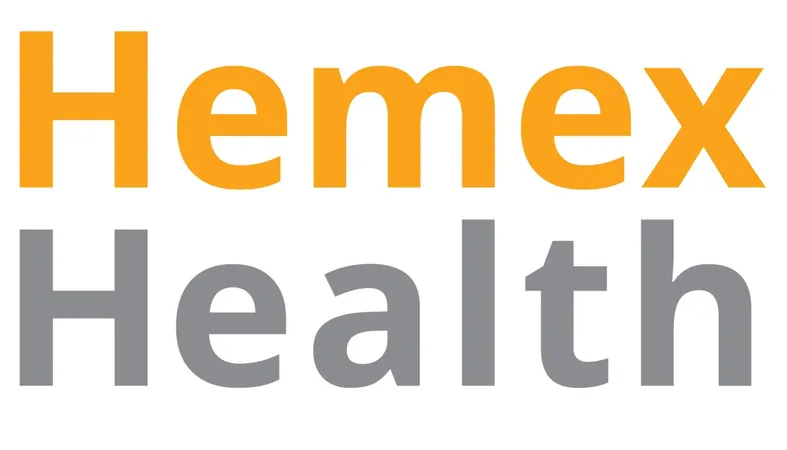
Revolutionary Gazelle™ Hb Variant Test Promises Enhanced Accuracy and Accessibility in Sickle Cell and Beta Thalassemia Screening for Newborns and Couples
2024-10-07
Author: Wei Ling
In a groundbreaking revelation discussed at the ASCAT 19th Annual Scientific Conference in London, researchers from Türkiye and Ghana have introduced the Gazelle™ Hb Variant Test, a pioneering approach to screening for hemoglobin diseases such as sickle cell disease (SCD) and beta thalassemia.
This innovative test not only offers high accuracy but also makes screening accessible and affordable compared to traditional methods like high-performance liquid chromatography (HPLC).
The study in Ghana showcased the Gazelle™ Hb Variant Test's remarkable efficiency in identifying common hemoglobin variants in newborns right at the point of care. This rapid testing capability is crucial, especially in areas where accessibility to centralized laboratory testing poses significant challenges.
In Türkiye, the same testing platform serves as an essential premarital screening device, aligning perfectly with the Ministry of Health's objectives aimed at reducing the number of affected births from hemoglobin disorders.
Prof. Dr. Duran Canatan, a prominent hematologist from Antalya Bilim University, underscored the importance of this advancement during his presentation at the conference. He emphasized that premarital screening has the potential to drastically decrease the incidence of these severe health conditions in the Turkish population, particularly for those residing in regions where conventional testing facilities are lacking.
"To ensure that we continue making strides in lowering the number of impacted births, it’s imperative that we prioritize education and screening efforts for all Turkish citizens, including immigrants and refugees," Prof. Canatan stated.
He revealed that the Gazelle test has proven to be a highly effective alternative to HPLC, not only matching its capability in identifying and quantifying hemoglobin variants but also offering significant benefits—such as lower costs, quicker results, and digital tracking features.
Notably, this groundbreaking test is currently the only one capable of detecting beta thalassemia directly at the point of care through its variant identification.
This pivotal development in hemoglobinopathy screening signifies a hopeful shift towards proactive health management for populations at risk, showcasing the potential for improved maternal and child health outcomes across diverse communities.
With such advancements, the future of screening for hemoglobin disorders appears brighter than ever.



 Brasil (PT)
Brasil (PT)
 Canada (EN)
Canada (EN)
 Chile (ES)
Chile (ES)
 España (ES)
España (ES)
 France (FR)
France (FR)
 Hong Kong (EN)
Hong Kong (EN)
 Italia (IT)
Italia (IT)
 日本 (JA)
日本 (JA)
 Magyarország (HU)
Magyarország (HU)
 Norge (NO)
Norge (NO)
 Polska (PL)
Polska (PL)
 Schweiz (DE)
Schweiz (DE)
 Singapore (EN)
Singapore (EN)
 Sverige (SV)
Sverige (SV)
 Suomi (FI)
Suomi (FI)
 Türkiye (TR)
Türkiye (TR)